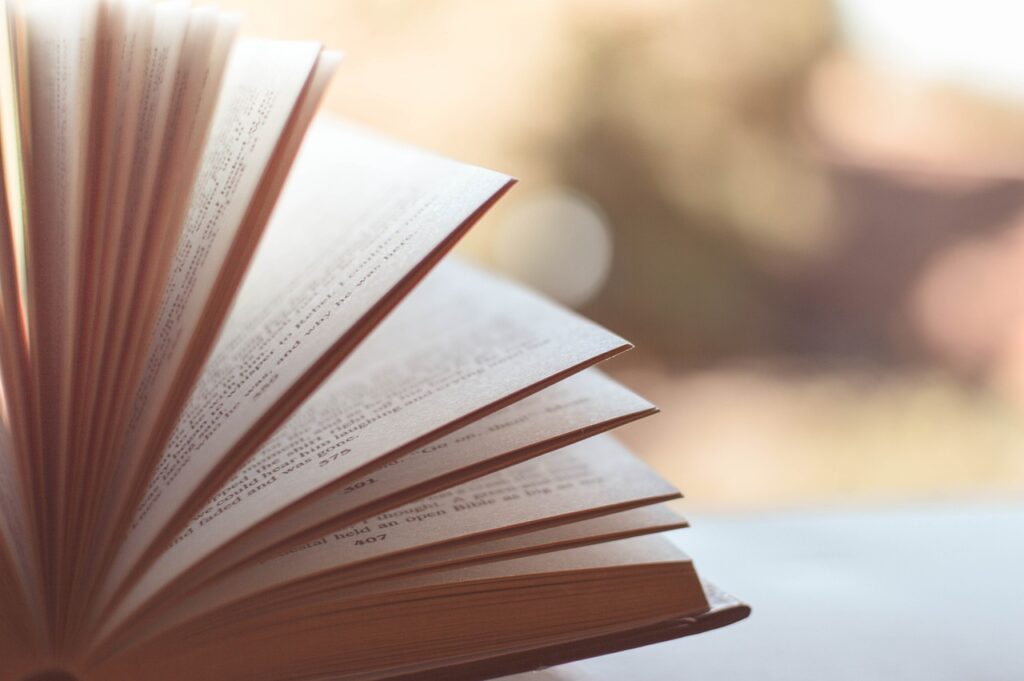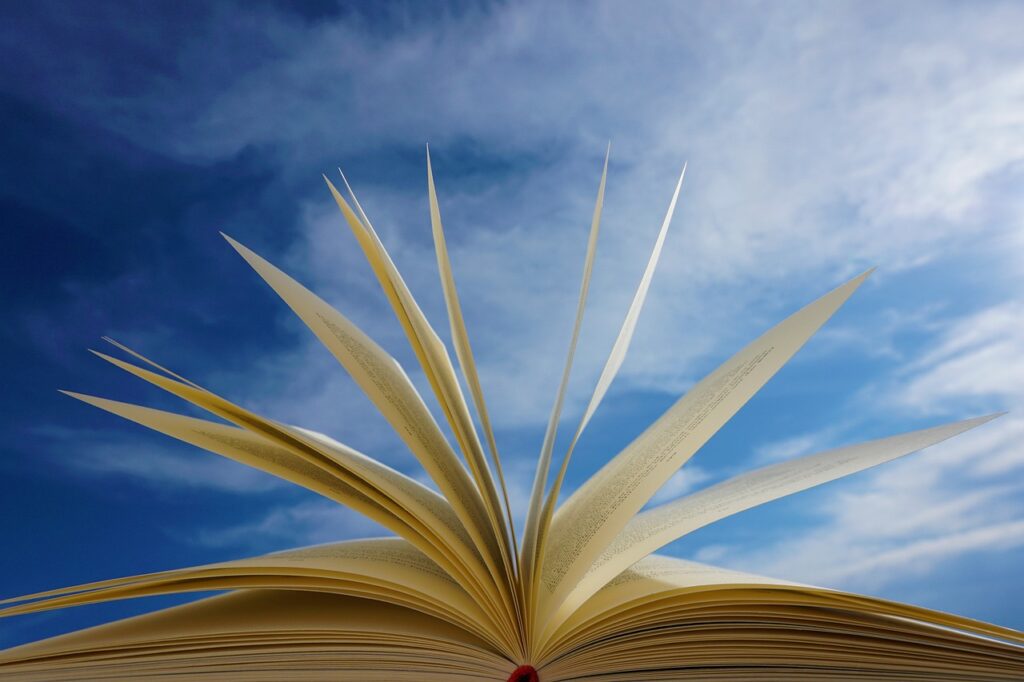Yeah. We said it.
For most authors, punctuation is a means
to an end. It is used to communicate more effectively with the audience. This
is because most readers aren’t scrutinizing over punctuation as they read.
Punctuation is merely a transition from one idea to the next. It is the glue
that holds together sentences—the invisible glue of a story. At least,
it should be.
Punctuation only matters when the
audience notices it, and this usually only occurs in three instances:
one, when the author uses very little punctuation; two, when the author
overuses punctuation; and three, when the author is inconsistent using
punctuation.
But even in these instances, is it
wrong? Usually not. Even if it is, few readers have a complete grasp of proper
punctuation to disagree and will instead skim over the incorrect usage to
continue on with the story.
Case 1, excerpt from Cormac McCarthy’s The
Road:
He spread the small tarp they used for
a table on the ground and laid everything out and he took the pistol from his
belt and laid it on the cloth and then he just sat watching the boy sleep. He
pulled away his mask in the night and it was buried somewhere in the blankets.
He watched the boy and he looked out through the trees toward the road. This
was not a safe place. They could be seen from the road now it was day. The boy
turned in the blankets. Then he opened his eyes. Hi, papa, he said.
I’m right here.
I know.
While this style of punctuation is
jarring, this book still won a Pulitzer Prize and was included in Oprah’s Book
Club despite the run-on sentences, lack of quotation marks in dialogue, and the
oversimplified writing style. Considering the accolades, punctuation doesn’t
matter for this story’s success.
Case 2, excerpt from J. K. Rowling’s Harry
Potter and the Goblet of Fire:
“Accio firebolt!” he shouted.
Harry waited, every fiber of him
hoping, praying.… If it hadn’t worked… if it wasn’t coming… He seemed to be
looking at everything around him through some sort of shimmering, transparent
barrier, like a heat haze, which made the enclosure in the hundreds of faces
around him swim strangely….
When looking only at punctuation, this
paragraph from Harry Potter seems like it overuses commas and ellipses (i.e.,
…). In our opinion, the ellipses are unnecessary, and some commas wouldn’t be
needed if the sentence had been better phrased. However, most readers will
ignore these minor mistakes to keep reading. The story is so engaging that the
audience rarely thinks twice about these small typographical errors. As an
author, this is exactly what you want: an audience who reads for the story, not
the mistakes. For them—and the author too—the story takes precedence, and it
always should. Again, punctuation doesn’t matter here, as proved by J. K.
Rowling’s unparalleled success.
Side note: for those of you who don’t
know or didn’t notice, J. K. Rowling sometimes switches between 3-dot ellipses
and 4-dot ellipses. This is actually a punctuation rule: 3-dot ellipses are
used for incomplete sentences, whereas 4-dot ellipses are used for completed
sentences (i.e., 3-dot ellipses plus a period). However, J. K. Rowling doesn’t
follow her own style of consistency in the example above. Otherwise, it
wasn’t coming… would have four dots to lead into the next sentence. Does it
matter? Nope, because readers care about the story, not the punctuation.
Case 3:
Problems arise in stories when the
audience notices punctuation, whether this is, through commas,
ellipses—dashes, parentheses (and apostrophes) as well as quotation, question
and exclamation marks.
That sentence was a mouthful, wasn’t it?
In most stories, you won’t be able to find such inconsistencies thankfully.
This inconsistency is really the only time in which punctuation matters,
because if the author isn’t consistent, the audience won’t be able to grow
accustomed to the style and accept it. This inconsistency will inevitably pull
any reader out of the story, and this distraction is the enemy of the author.
So, how should this be written?
Remember: Punctuation is supposed to be
the prop used by the stage of words—not the other way around. It’d be like Snow
White walking through a forest when one tree goes off-script and starts pelting
her with apples while shouting, “Long live the queen!” Don’t be that tree.
We could have just as easily phrased the
sentence like this:
Problems arise only when the audience notices
punctuation, whether this is through commas, ellipses, dashes, parentheses,
apostrophes, quotation marks, question marks, and exclamation marks.
Or even:
Problems arise only when the audience notices
punctuation, whether this is through commas, ellipses, dashes, et cetera.
It doesn’t matter how you use
punctuation as long as you are consistent. This is because consistent
punctuation isn’t a mistake—it’s a style. Get it?
As in the example of J. K. Rowling, when
using 4-dot or 3-dot ellipses, incorrect punctuation is a mistake. But if you
consistently use 3-dot ellipses even when 4-dot ellipses should be used, then
this choice is a part of a writer’s style.
Remember: for punctuation, it is far
better to be consistent than correct.
Not surprisingly, this applies to
spelling too. Words can even be purposely misspelled, as long as they are
consistently misspelt. See what we did? There, the misspelling isn’t a mistake
but a stylist choice.
Many people don’t realize it, but
Americans actually use UK versions of spellings (e.g., burnt, leapt, and
dreamt), while Brits use American versions of spellings (e.g., burned, leaped,
and dreamed). Authors do too, though most people simply aren’t looking for it. If
you don’t know which way to spell something—and the internet doesn’t come to a
consensus—just pick one version of the spelling and be consistent with it.
Regardless, using too little punctuation
or even too much won’t be an issue, so long as your story is good enough to
overcome your punctuation shortcomings. As is true in all cases for writing,
the story matters most.
So, how should you write punctuation? Simple
answer: in the most effective way possible. How do you do that? By reading what
you’ve written aloud. If you have trouble reading your own writing or if it
feels disjointed, your audience will notice. Just change it and carry on with
the story.
But if punctuation doesn’t matter, then
why are we writing articles on various forms of punctuation? Here’s why:
To break the rules of punctuation
without understanding them is ignorance.
To break the rules of punctuation after
mastering them is style.
The entire point of studying and
understanding punctuation is to develop a writer’s foundations and style. For
the sake of these series of articles, we will cover the following punctuation:
·
Colons
·
Commas
·
Dashes
·
Ellipses
·
Hyphens
And this will culminate in our
explanation for The Miranda Style of
Punctuation. And if you disagree with us? Well, you’re obviously
wrong.



